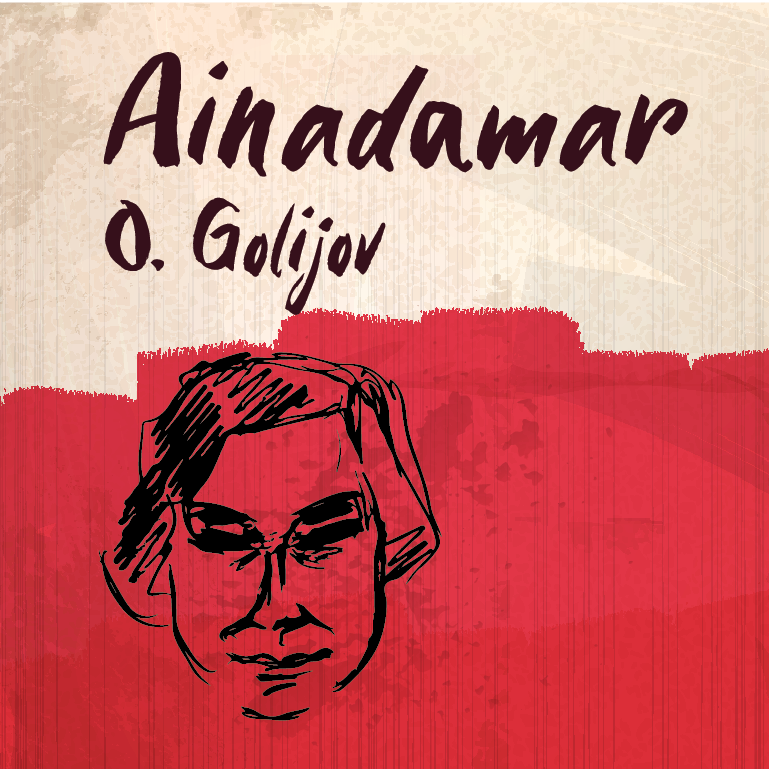Why do we still mourn today a poet who died in 1936? What does it mean to construct Federico García Lorca through an act of memory, one undertaken by an imagined, mourning Margarita Xirgu? This talk aims to provide another frame for experiencing Ainadamar, positioning the opera within a history or genealogy of cultural interventions that have memorialized García Lorca and his death, beginning weeks after his murder and continuing until today. After a brief discussion of García Lorca’s artistic career and his impact before and after August 1936, the talk will focus on several key moments in this genealogy of mourning, with an eye to identifying some of the ways that Lorca’s death has been represented and the way those representations, in turn, have served a range of purposes. We’ll examine the complexities of immediate reactions to his murder during the Spanish Civil War (1936-39), explore the intensification of mourning in the early years of Spain’s transition from dictatorship to democracy in the 70s and 80s (a period that witnessed a boom in representing his previously censored death), and consider contemporary representations of García Lorca that posit him as a ghostly site of loss and unfinished business. Rather than proposing how we should read Ainadamar within this history, the talk aims to pose that question, prompt curiosity, and suggest ways of experiencing Golijov’s fascinating opera as it relates to cultural memory, mourning and Lorca’s ongoing international impact.
Melissa Dinverno is Associate Professor (Profesora Titular), Spanish and Portuguese at Indiana University.
Presented by the Latin American Music Center, co-sponsored by CAHI & Spanish & Portuguese .


